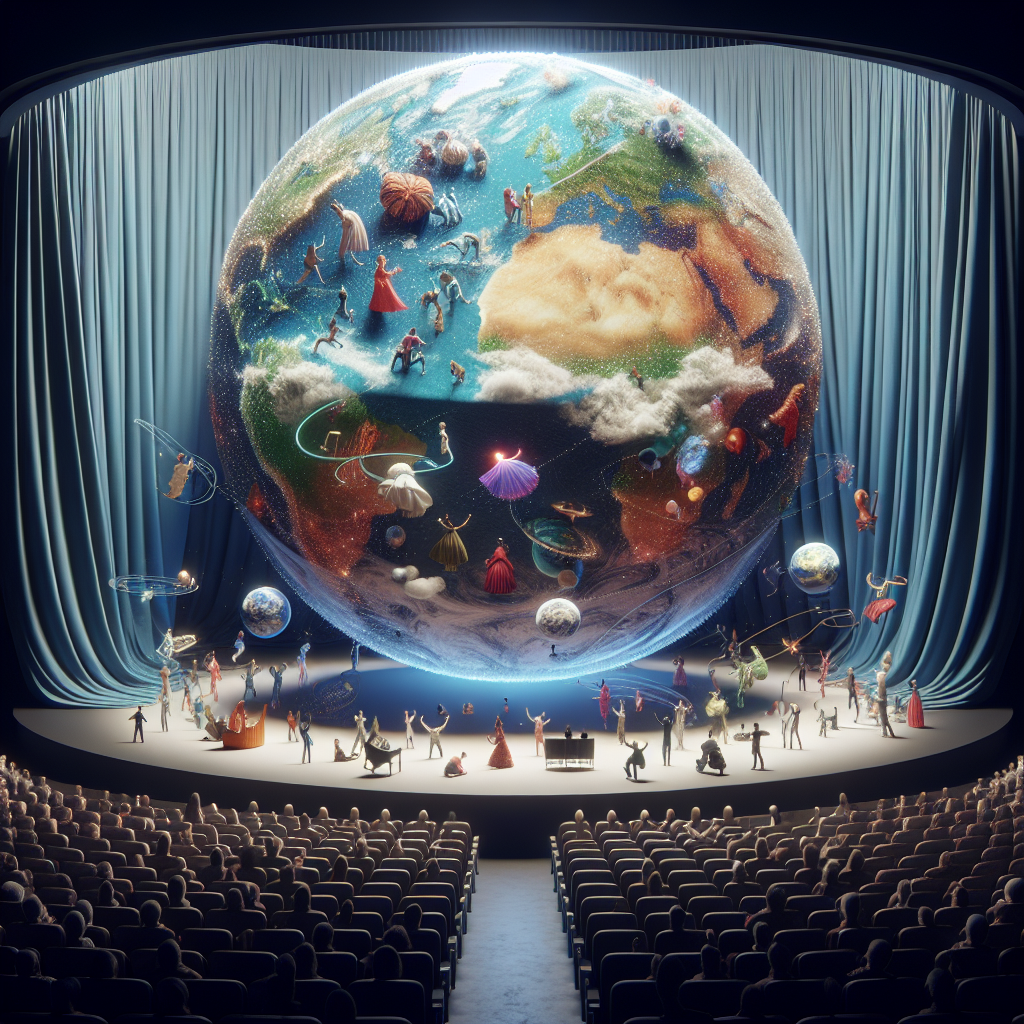In today’s hyper-connected digital landscape, we find ourselves grappling with a profound sense of restlessness and disillusionment, largely stemming from our rampant addictions to artificial constructs and surplus. This discontent arises from an absence of authentic experiences, which have been overshadowed by the manipulative machinations of modern life that reduce reality to a mere performance. The shift towards staging has infiltrated every corner of society, from social media selfies to curated online personas, where the distinction between genuine and fabricated experiences becomes increasingly blurred. This pervasive staging environment reinforces the instability of our identities, cultivating a culture captivated by visual spectacle rather than substantive authenticity.
The concept of staging, intrinsic to the modern spectacle, serves a self-serving purpose by masquerading as authenticity. Artists, influencers, and political entities transform reality into a product designed for consumption, all in pursuit of financial gain or social elevation. Staging is ubiquitous, whether in the form of carefully orchestrated political events that ignite fervent passions or glamorous portrayals of personal lives that contrast sharply against the mundane realities faced in everyday existence. This systemic excess breeds a competition wherein achieving visibility becomes paramount, leading individuals to create increasingly sensationalized versions of themselves, often detached from genuine identity.
Consequently, the landscape becomes saturated with hyperbole and extravagance, leading to public desensitization. As everything morphs into self-parody, the distinction between authenticity and fabrication collapses, leaving irony and deeper meaning in the dust. People become locked in a cycle of imitation and escalation, striving for exaggerated depictions of lives filled with wealth, beauty, and excitement while navigating a reality often characterized by struggle and dissatisfaction. The result is a generation that curates lives based on superficial engagement rather than meaningful connection, emphasizing heightened performance over unembellished authenticity.
Within the context of the Attention Economy, engagement becomes the currency of choice, merging traditional and social media into a relentless competition for visibility. This relentless pursuit rewards a select few influencers and platforms, leaving the majority of users scrambling for scraps in an ecosystem pervaded by addiction to screens. The term “engagement” masks a more troubling reality; it reflects a pervasive dependency that thrives on the addictive nature of content consumption. Corporations and creators alike find their motives entwined in this cycle of fixation, as the rewards of catering to attention-seeking behavior manifest lucrative opportunities.
This frenzy to stage better spectacles ushers in a perverse validation of inauthenticity, where the constructs of ‘real life’ are overshadowed by the art of performance itself. Individuals endeavor to curate lifestyles characterized by idyllic settings or emotionally charged narratives, dismantling the essence of truth in the process. What remains is a transformation of authenticity into an ephemeral notion that eludes capture, rendered invisible amidst extravagant displays designed to capture attention rather than convey substance. Such transformations lead to a world where genuine interaction is cast aside in favor of artifice, reminiscent of the simulated environments highlighted by philosopher Guy Debord in his critique of modern capitalist society.
Debord’s insights reverberate through contemporary life, as more individuals acknowledge the shifts taking place around them, likening the changes to an enigmatic alteration in the climate—a transformation that demands examination yet eludes comprehension or action. The disassociation from true experiences in favor of staged performances exposes a collective yearning for something authentic while perpetuating reliance on facsimiles. As we traverse a landscape dominated by the allure of the spectacular, we must confront the ramifications of our acceptance of the staged existence that offers fleeting glimpses of satisfaction in lieu of profound connection. Only by recognizing and addressing these dynamics can we hope to reclaim authenticity as a cornerstone of our lived experiences, reshaping our engagement with the world beyond the confines of performance.

